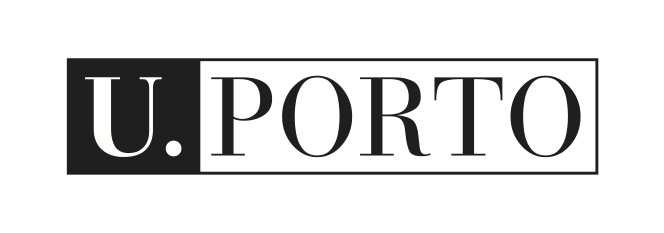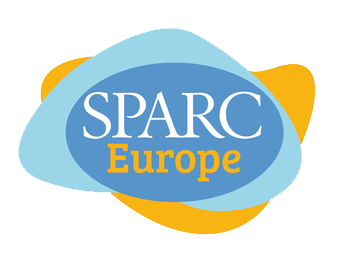
Connecting research results, bridging communities, opening scholarship
April 15-16, 2015 | Porto, Portugal
In a rapidly evolving world, academic and research institutions must think about becoming agents of change, with greater flexibility and responsiveness than ever before. Part of this change is a shift away from the notion that researchers simply conduct research and produce publications, but rather the research community itself must begin to take on responsibility for ensuring research outputs are widely and openly disseminated, properly curated, and preserved. In this sense, the institution becomes one node in a larger, interconnected network of content producers and stewards.
There are both challenges and opportunities inherent in this new environment. For instance, how do we create a seamless global research network in which all countries and researchers can participate? How can we evaluate research outputs based on their quality, and not on whether they are attached to a prestige publication? How can we manage increasingly large and complex data to support new modes of science and innovation? And how can we ensure that content is appropriately licensed, annotated and preserved to allow it to be re-used and integrated with other related content? Clearly, libraries and institutions must forge new partnerships, nurture new skills and competencies, and develop new organizational structures.
This conference, co-hosted by SPARC and COAR, will address some of the important challenges facing our libraries as we attempt to re-define our roles in an age of constant flux.


OPENING KEYNOTE CLOSING KEYNOTE
John Wilbanks Dominique Babini
Chief Commons Officer Coordinator of Open Access Projects
Sage Bionetworks CLACSO
Tuesday, April 14th - Preconference & Optional Programming
- 9:00am-10:30am: 'Breakfast Club'
- 10:30am: Coffee Break
- 11:00am-12:30pm: SPARC Member meeting
- 12:30pm: Lunch
- 1:30pm-3:00pm: SPARC & COAR Member Workshop
- 9:00am-10:30am: Welcome and Opening Keynote
- Keynote Speaker: John Wilbanks -- Designing Open Research Systems
- 10:30am: Coffee Break
- 11:00am-12:30pm: Session #1: The International Open Science Policy Environment
- Lars Bjørnshauge, Director of European Library Relations, SPARC Europe
- Marisa de Giusti, Professor, Universidad de La Plata
- Jennifer Hansen, Manager, Information & Research Services, The Bill & Melinda Gates Foundation
- Jarkko Siren, Project Officer, European Commission
- 12:30pm: Lunch
- 1:30pm-3:00pm: Session #2: Organizational Models for Research Data Management Services
- Gerald Beasley, Vice-Provost and Chief Librarian, University of Alberta
- Liisi Lembinen, Acting Director of the Library, University of Tartu
- Elisha Rufaro T. Chiware, Director of Libraries, Cape Peninsula University of Technology
- 3:00pm: Coffee Break
- 3:30pm-5:00pm: Session #3: Global Alignment and Collaboration
- Johanna McEntyre, Director, Europe PubMed Central
- Andrew Sallans, Partnerships, Collaborations, & Funding Manager, Center for Open Science
- Kathleen Shearer, Executive Director, Confederation of Open Access Repositories (COAR)
- 7:30pm: Conference Dinner
Thursday, April 16th
- 9:00am-10:30am: Session #4: Assessing Value
- William Nixon, Digital Library Development Manager, University of Glasgow
- Stefanie Haustein, Post-doctoral Researcher, Canada Research Chair on the Transformations of Scholarly Communication, Université de Montréal
- Nisia Trindade, Vice-President, Foundation Oswaldo Cruz
- 10:30am: Coffee Break
- 11:00am-12:30pm: Closing Keynote & Conference Closing
- Keynote Speaker: Dominique Babini -- Repositories as Key Players in Non-Commercial Open Access - A Developing Region Perspective
Speaker bios can be found here.
More information on hotel options can be found here.
More information on Porto, Portgual and how to get there can be found here.
COAR and SPARC are incredibly thankful to the sponsors of this Conference --



![]()

![]()

